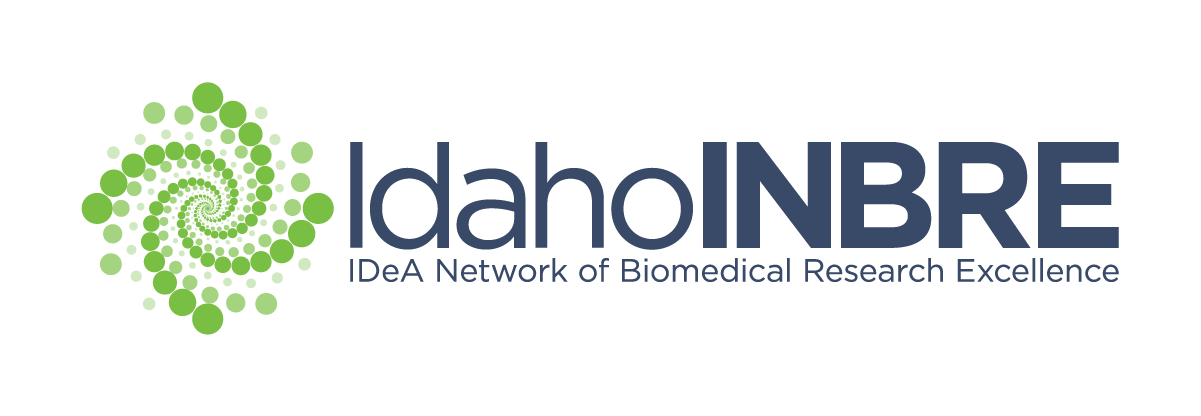
- Name: Kavita Sharma, Ph.D.
- Institution: Idaho State University
- Department: Biomedical and Pharmaceutical Sciences
- Phone: 208.985.8004
- Email: sharkum2@isu.edu
Summary: My research expertise is in chromatographic and spectroscopic techniques. The lab work comprises development and validation of the analytical methodologies with the use of highly sophisticated techniques/instruments for the identification, characterization and quantification of the secondary metabolites/bio marker compounds in a wide range of matrices. The samples come from natural products, biological materials, microorganisms, environment, ionic liquids and synthetic compounds. So, the gamut of my entire work incorporates mass spectrometric related analytical techniques. Some of the equipment that we use for resolving the research challenges are high performance liquid chromatography (HPLC), preparative HPLC (Prep-HPLC), gas chromatography mass spectrometry (GC-MS), liquid chromatography mass spectrometry (LC-MS), tandem mass spectrometry (LC-MS/MS), surface plasmon resonance (SPR), nuclear magnetic resonance (NMR) spectroscopy and UV/Vis spectrophotometer.
Minimum Classes: N/A
Projects:
- Extraction and characterization of natural products in the leaves of Artemisia tridentate: The leaf foliage is extracted with 100 % chloroform. The extracts are then characterized by thin layer chromatography (TLC), high performance liquid chromatography (HPLC), and extensive spectroscopic analysis, including 1D- and 2D-nuclear magnetic resonance (NMR), Fourier transform infrared (FTIR) spectroscopy, and mass spectrometry (MS). In vitro and in vivo studies will be done on the compounds isolated from the extracts to check their potency for antioxidant activity and anticancer properties. In addition, derivatization of the most abundant compound will be carried out to understand the Structure-Activity Relationship (SAR) of the modified compounds. Isolated compounds and their derivatives will be used for the phenotypic studies in the zebrafish.
- Metabolomics of the most dominating gut microbes for the treatment of inflammatory bowel disease (IBD), type 2 diabetes, neurological disorders, cardiovascular disease, respiratory illness and cancers: Gut microbiota is a large reservoir of microorganisms, including bacteria, archaea, fungi and viruses living in the digestive tract of animals. It makes up more cells than all the rest of our body put together. It has specific functions, maintains our gut health, and controls the remote extra enteric organs such as the liver, brain, skin, heart, muscle, and bone via bidirectional signaling process. They interfere with various pathways involved in immunity, energy, and lipid and glucose metabolism by releasing metabolites, enzymes and hormones. The gut derived metabolite serves as a potential biomarker for the early diagnosis of metabolic disorders. We will be analysing the composition of the metabolites derived from the gut microbiomes to get a better understanding of their roles and functionality in disease development, progression and immune modulation.



